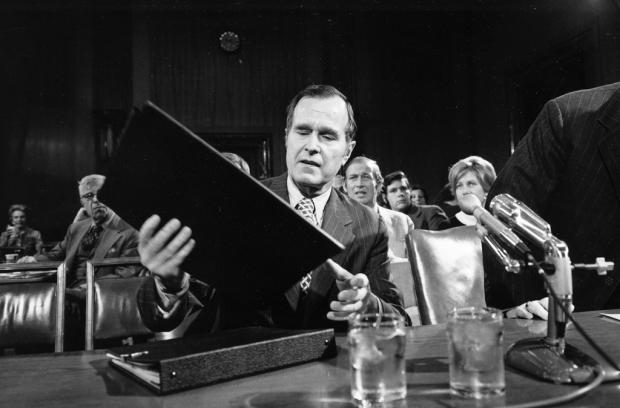
Breaking News
 Maria uses Amazon One to pay at Whole Foods Market
Maria uses Amazon One to pay at Whole Foods Market
 We need to mine 10,000 years of copper in next 18 years
We need to mine 10,000 years of copper in next 18 years
 Goldman's Top Lawyer Departs Amid Revelations About Her Ties to Epstein
Goldman's Top Lawyer Departs Amid Revelations About Her Ties to Epstein
 State of AI in 2026: LLMs, Coding, Scaling Laws, China, Agents, GPUs, AGI...
State of AI in 2026: LLMs, Coding, Scaling Laws, China, Agents, GPUs, AGI...
Top Tech News
 Drone-launching underwater drone hitches a ride on ship and sub hulls
Drone-launching underwater drone hitches a ride on ship and sub hulls
 Humanoid Robots Get "Brains" As Dual-Use Fears Mount
Humanoid Robots Get "Brains" As Dual-Use Fears Mount
 SpaceX Authorized to Increase High Speed Internet Download Speeds 5X Through 2026
SpaceX Authorized to Increase High Speed Internet Download Speeds 5X Through 2026
 Space AI is the Key to the Technological Singularity
Space AI is the Key to the Technological Singularity
 Velocitor X-1 eVTOL could be beating the traffic in just a year
Velocitor X-1 eVTOL could be beating the traffic in just a year
 Starlink smasher? China claims world's best high-powered microwave weapon
Starlink smasher? China claims world's best high-powered microwave weapon
 Wood scraps turn 'useless' desert sand into concrete
Wood scraps turn 'useless' desert sand into concrete
 Let's Do a Detailed Review of Zorin -- Is This Good for Ex-Windows Users?
Let's Do a Detailed Review of Zorin -- Is This Good for Ex-Windows Users?
 The World's First Sodium-Ion Battery EV Is A Winter Range Monster
The World's First Sodium-Ion Battery EV Is A Winter Range Monster
 China's CATL 5C Battery Breakthrough will Make Most Combustion Engine Vehicles OBSOLETE
China's CATL 5C Battery Breakthrough will Make Most Combustion Engine Vehicles OBSOLETE
How George H.W. Bush Rode a Fake National Security Scandal to the Top of the CIA

It wasn't going to be a slam dunk.
The Democrats had a huge majority in the Senate, and many were still angry over Bush's role as a partisan apologist for former President Richard Nixon, who had resigned the year before as a result of the Watergate scandal. What's more, in the wake of disclosures in the press of pervasive domestic spying by the CIA, the Senate had launched its first aggressive investigation into alleged abuses by the U.S. intelligence community.
Beginning in January 1975, the Church Committee, named for its chair, Idaho Democratic Sen. Frank Church, unearthed one scandal after another at the CIA, the FBI, and the National Security Agency. Long-hidden covert programs, including a series of plots to kill foreign leaders like Cuba's Fidel Castro and the Congo's Patrice Lumumba, had been exposed, rocking the CIA. By late 1975, the agency's public standing was at a low ebb, and the CIA and White House officials in the administration of President Gerald Ford were increasingly worried about the political impact of the disclosures.



